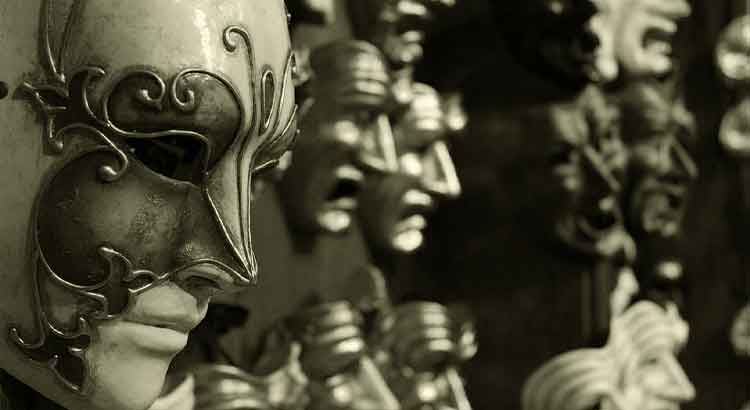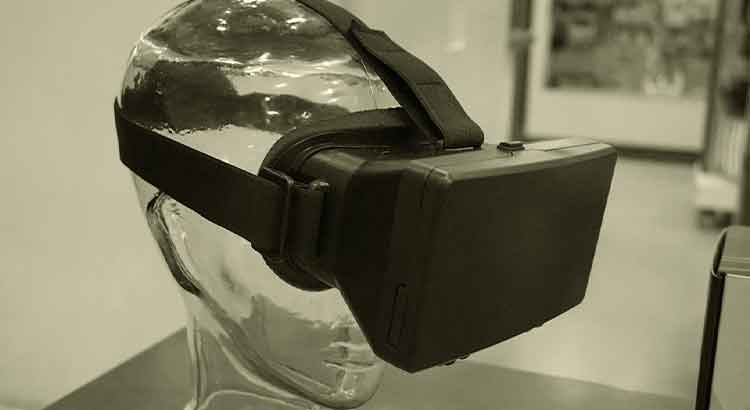If I were to sum it up to a maxim, I would say that humor supports and precedes the other virtues. And I think it would be infinitely more useful, rather than “social awareness,” to teach humor to young students. I mean: instead of stimulating very boring debates about global warming, gender issues, whales or hunger in Africa, the teacher would do more, once a week, teaching comedy — and preferably dressed as a clown. Thus young students could capture the essence of humor, that is nothing but the conscience of the ridiculous itself; and they would learn to laugh at reality and not take themselves so seriously. In a few years, we would have a less aggressive generation, and adults who develop their good mood would see it fighting against vanity and pride daily, making their lives lighter and happier, driving them away from hatred and providing them with a social conviviality significantly more enjoyable.
____________
Read more:



